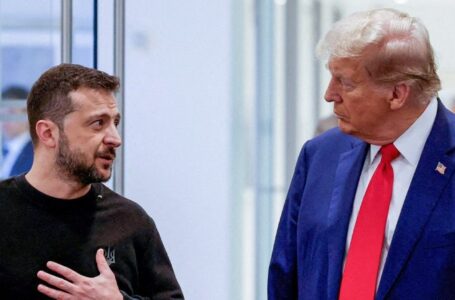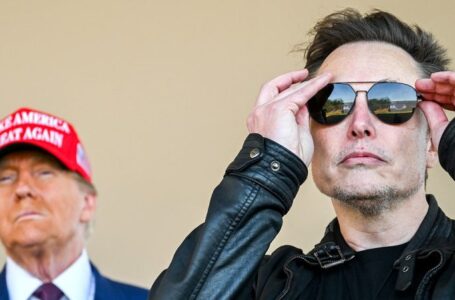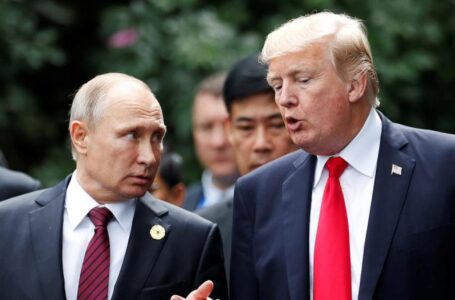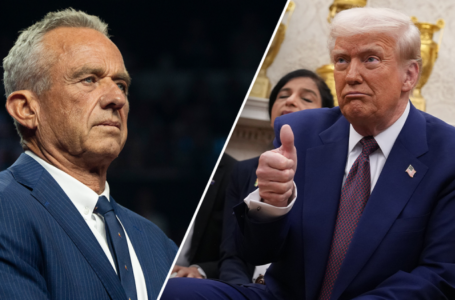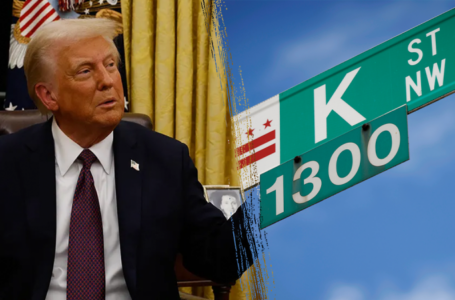Who is Friedrich Merz, Merkel’s rival and German election frontrunner?
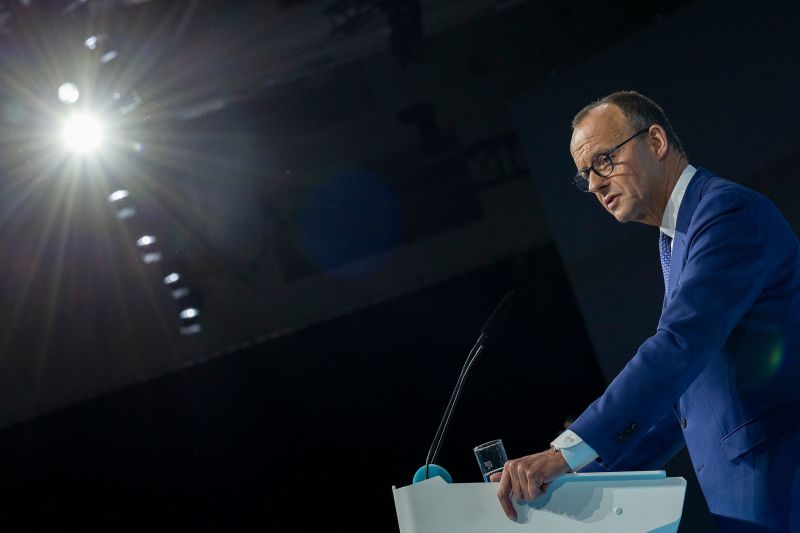

Friedrich Merz, the 69-year-old veteran German politician with a hardline stance on migration and a love of aviation, is the favorite to become the country’s next chancellor in the federal election on February 23.
But who is the old-school conservative who wants to rid his party, the Christian Democratic Union (CDU), of former leader Angela Merkel’s centrist legacy?
His long-time rival’s decision to leave the top job in 2021 prompted Merz to come out of political hibernation and run for the party leadership. After two failed bids, he was eventually selected to lead the CDU in 2022.
Now, he appears to have the chancellery within his grasp after the November collapse of Germany’s governing coalition – made up of the Social Democrats (SPD), Free Democratic Party (FDP) and the Greens – which paved the way for the snap election.
If his party comes out on top, Merz stands to take the helm of a country mired in crises – although it may take weeks to form a governing coalition. He has pledged to reboot Germany’s large economy after years of uncharacteristic stagnation, crack down on migration, and lower taxes, all while attempting to wrestle back votes from the far right.
Despite his party comfortably topping polls, his campaign has not been all smooth sailing. A dalliance with the hard-right Alternative for Germany (AfD) three weeks before the election drew criticism – and accusations he had breached the mainstream parties’ “firewall” against the AfD.
Beer-coaster economics
Merz was born in 1955 into a conservative, Catholic family in the North Rhine-Westphalia town of Brilon, in central Germany, and joined the CDU’s youth wing while still in school. He entered politics full-time in 1989, when he was elected to the European Parliament at the age of 33.
After serving one term as an MEP, Merz, a married father-of-three, was elected to the Bundestag – Germany’s parliament – and established himself as a leader in financial policy. In 2003, he famously argued that German tax rules should be simple enough to calculate on the back of a beer coaster.
A growing feud with Merkel eventually pushed him to leave politics, however.
Merz, who appealed to the CDU’s more traditionalist, right-wing faction, lost out to Merkel in a party leadership contest in 2000.
Merkel’s leadership signaled a break from the CDU’s norm; she was its first female leader, with a Protestant – rather than Catholic – background and centrist leanings.
The pair’s rivalry became more apparent in 2002, when Merz was pushed aside as leader of the opposition in the Bundestag in favor of Merkel.
By late 2009, Merz had fully joined the private sector.
He worked as a lawyer and senior counsel at the international law firm Mayer Brown, among other positions. These ventures made him a multi-millionaire, according to German business newspaper Handelsblatt.
This background may have persuaded voters that Merz is a man who can do business; a desirable skill for anyone hoping to fix Europe’s largest economy, which contracted for a second year running in 2024.
Merkel’s ‘carpet of fog’
Nine years after he left politics, the announcement of Merkel’s resignation from Germany’s top job paved the way for Merz to re-enter. After two failed bids for CDU party leadership, in 2018 and 2021, he was selected to lead in 2022, cementing his political comeback.
Merz’s desire to distance himself from Merkel’s legacy is clear. He has sought to bring the CDU further to the right than it was under Merkel, partly to try to stop voters turning to the far right, while advocating for a more pro-market economy.
In an interview with German broadcaster ZDF in 2019, he described his predecessor’s “idle” leadership as like a “carpet of fog” over the country, and has said he sees her “open door” refugee policy during the 2015 migrant crisis as a grave error.
Merkel, for her part, criticized Merz in a rare political intervention in January, after he pushed through an immigration bill with help from the AfD – now the CDU’s main rival. The bill was ultimately defeated by the German parliament.
His campaign for the chancellery has largely focused on bread-and-butter issues like tax cuts, deregulation and incentives to work.
Merz drives a hard line on immigration and sees curbing irregular migration to Germany as the most pressing task if he is elected, according to German news magazine Der Spiegel. He has called for asylum seekers arriving from other European Union member states to be rejected at Germany’s land borders.
Merz has criticized liberal welfare benefits and accused Ukrainian refugees of “social tourism” – a phrase he later apologized for using. Overall, he promises to slash welfare spending, telling The Economist in a rare sit-down interview in the lead-up to the election that he wants to avoid “paying people who are not willing to work.”
Merz and the CDU support Germany’s continued military aid to Israel amid its war in Gaza, while also advocating for a two-state solution as the long-term goal. In a televised debate with Chancellor Olaf Scholz earlier this month, Merz expressed unease over US President Donald Trump’s proposal to “take over” Gaza, while also suggesting it remains to be seen “what is really meant seriously.”
On the topic of sending aid to Ukraine, Merz has advocated a more hands-on approach than the outgoing SPD-led coalition. He supports the delivery of long-range Taurus cruise missiles to Kyiv – something Scholz’s government has refused for fear of drawing Germany into the conflict.
Merz was vague when questioned by The Economist on the issue of Germany’s defense spending, although he acknowledged that it would have to increase in the long run. US Defense Secretary Pete Hegseth this week reiterated his administration’s demand for NATO members to spend 5% of GDP on defense at a meeting with US allies in Brussels.
Germany’s government last month said it had met NATO’s target to spend 2% of its GDP on defense after establishing a special fund in the wake of Russia’s full-scale invasion of Ukraine – yet this falls significantly short of the Trump administration’s demand.
In his spare time, Merz is an amateur pilot, sometimes flying his own private plane – an expensive hobby for a man who once described himself to German tabloid Bild as “upper middle class.”


